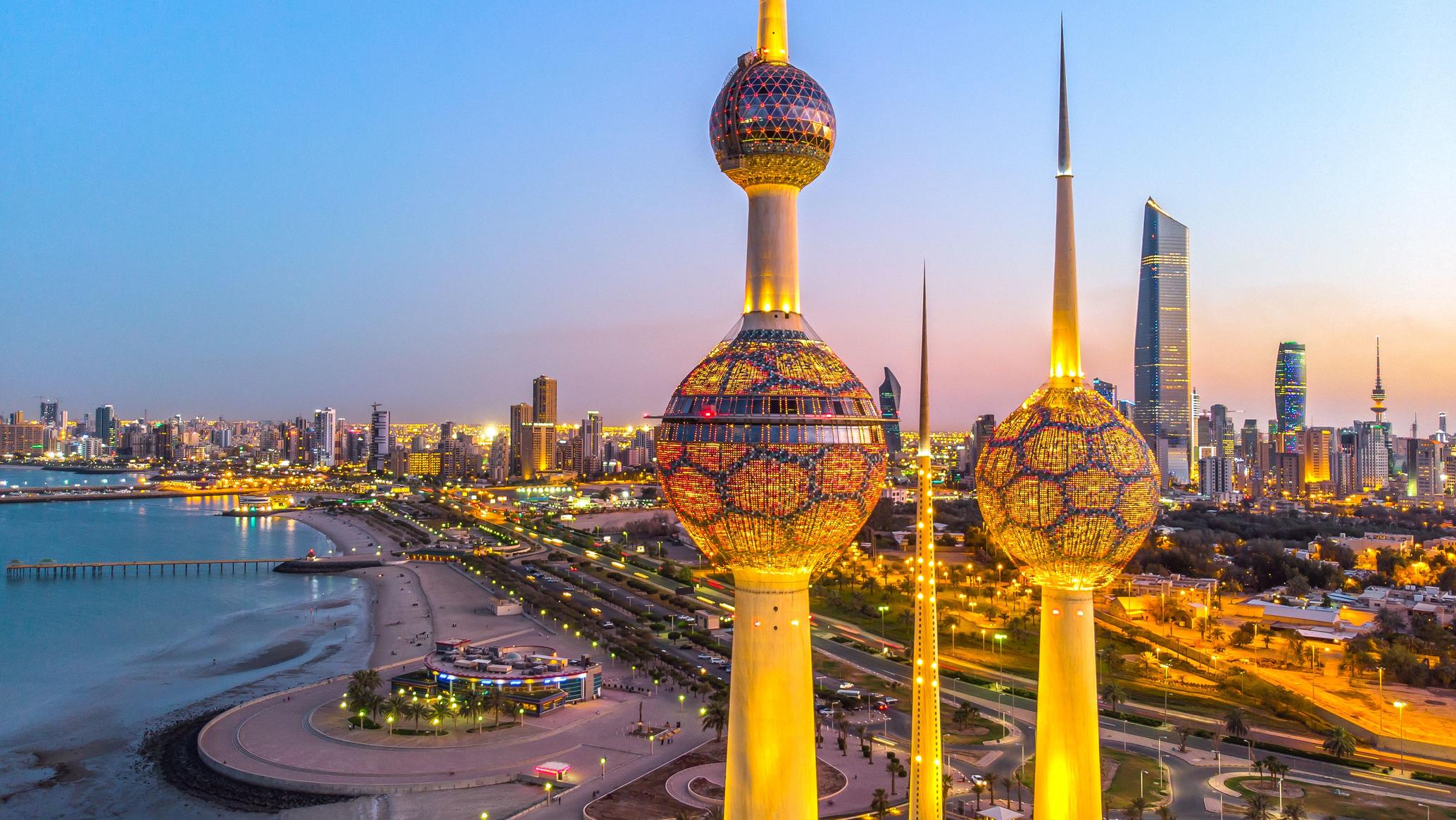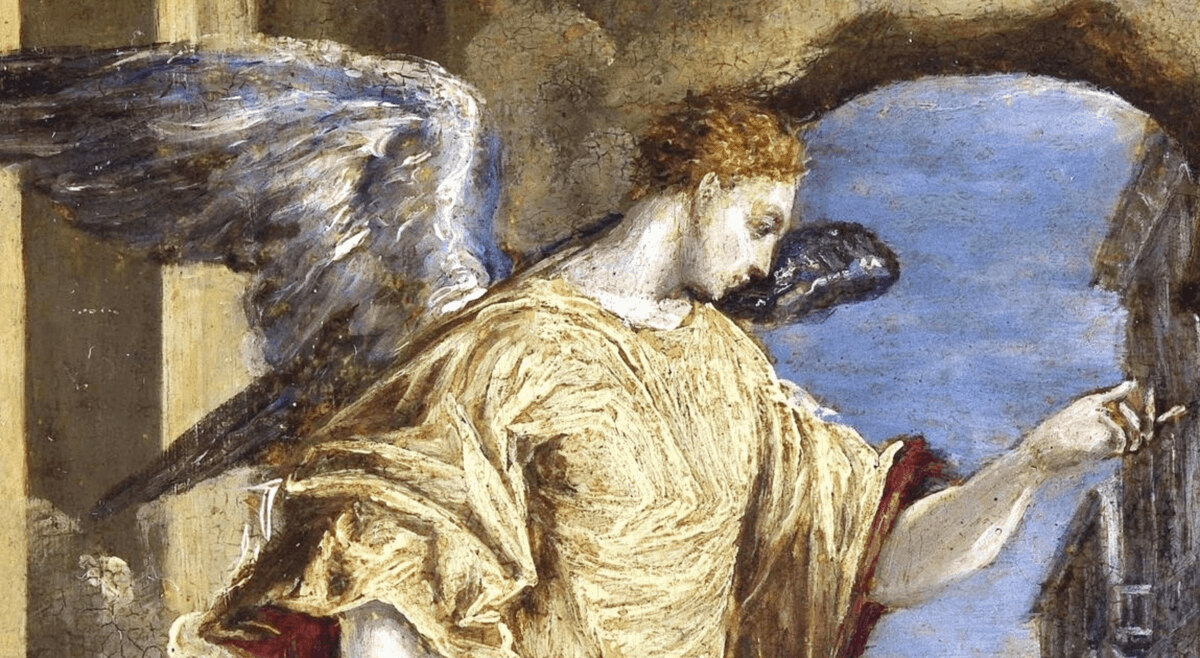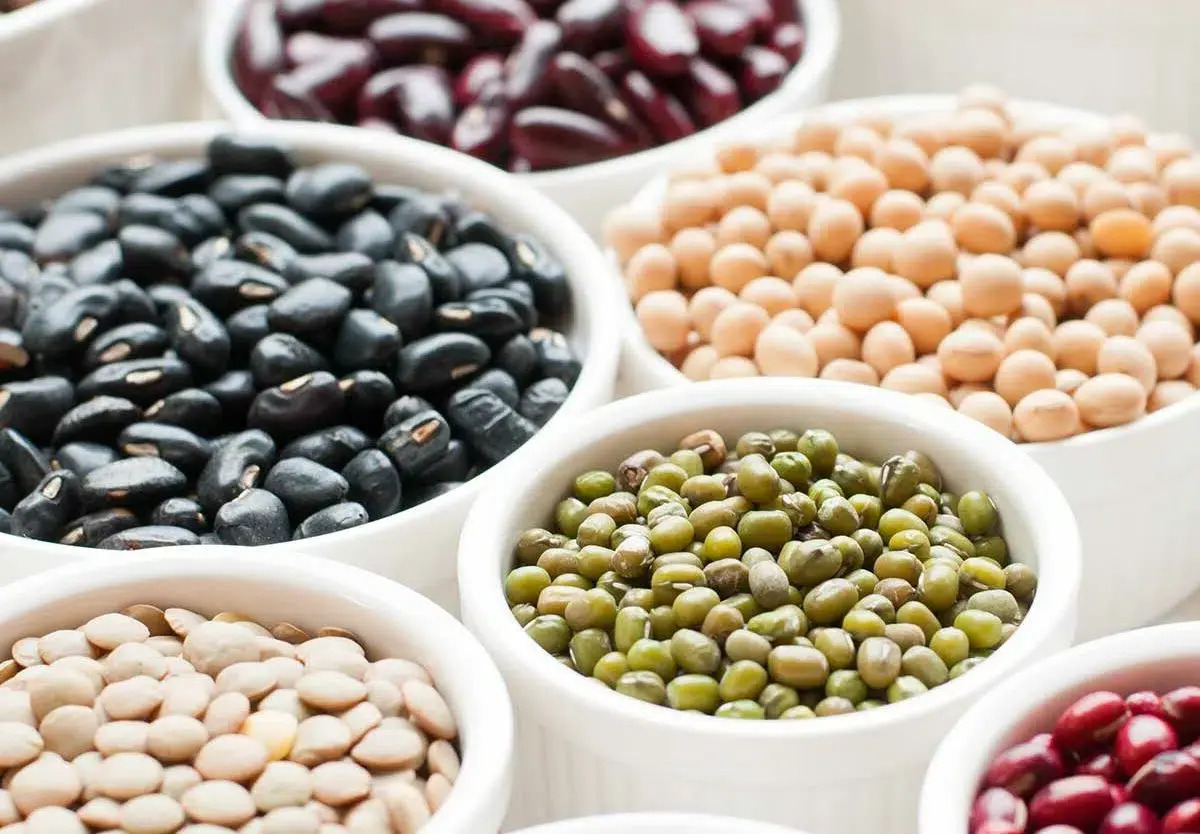
Kuwait, a small but fascinating country located in the Arabian Peninsula, offers a rich blend of history, culture, and modernity. With its strategic location along the coastline of the Persian Gulf, Kuwait has emerged as a global hub for commerce and trade.
Home to stunning modern skyscrapers, traditional souks, and pristine sandy beaches, Kuwait offers a diverse range of attractions for travelers from around the world. But beyond its iconic skyline and luxurious shopping malls, Kuwait holds a treasure trove of intriguing facts that are worth exploring.
In this article, we will delve into 30 fascinating facts about Kuwait that will leave you enriched and amazed. From its vibrant history and dynamic economy to its unique traditions and landmarks, there is so much to discover about this captivating country. So, let’s embark on a virtual journey and delve into the remarkable world of Kuwait.
Key Takeaways:
- Kuwait, a small but affluent country, is known for its oil-rich economy, stunning architecture, and vibrant arts scene. It has a rich history and offers a high standard of living.
- With a blend of traditional and contemporary elements, Kuwait boasts diverse cuisine, beautiful natural reserves, and a rich maritime heritage. The country celebrates its culture and achievements through various festivals and landmarks.
Kuwait is officially known as the State of Kuwait.
Kuwait is an Arab country bordered by Iraq and Saudi Arabia.
It is located on the northeastern edge of the Arabian Peninsula.
Kuwait has a coastline along the Persian Gulf, offering stunning views and vibrant marine life.
Kuwait City is the capital and largest city of Kuwait.
The city is a bustling metropolis, serving as the political, cultural, and economic center of the country.
Arabic is the official language of Kuwait.
Arabic is widely spoken and is the primary language used in government, education, and daily communication.
Kuwait has a constitutional monarchy.
The ruling head of state is the Emir, and the government operates under a parliamentary system.
The Kuwaiti Dinar (KWD) is the official currency of Kuwait.
It is one of the highest-valued currencies in the world.
Kuwait boasts a high standard of living.
Its oil-rich economy has allowed for significant development, resulting in excellent healthcare, educational institutions, and infrastructure.
Kuwait is one of the world’s largest oil producers.
The country relies heavily on oil exports as a major source of revenue.
The Kuwait Towers are iconic landmarks.
These towering structures symbolize Kuwait’s economic and architectural prowess and offer panoramic views of the city.
Kuwait has a desert climate with scorching summers and mild winters.
Temperatures can reach up to 50 degrees Celsius (122 degrees Fahrenheit) during the summer months.
The National Museum of Kuwait showcases the country’s history and culture.
It features artifacts, documents, and exhibitions that highlight Kuwait’s heritage and cultural traditions.
Kuwait is home to a diverse population.
Foreign nationals make up a significant portion of the population, contributing to the country’s multicultural identity.
The delectable Kuwaiti cuisine is influenced by Arabian, Persian, and Indian flavors.
Mouthwatering dishes include machboos, margoog, and harees.
Kuwait is known for its extravagant shopping experiences.
The Avenues Mall, Marina Mall, and Souk Al-Mubarakiya are popular destinations for locals and tourists alike.
Pearl diving was once a major industry in Kuwait.
Pearls adorned traditional Kuwaiti jewelry and served as a significant source of income.
Kuwait celebrates its National Day on February 25th.
The holiday commemorates the country’s independence from British colonial rule in 1961.
The Liberation Tower is a symbol of Kuwait’s liberation from Iraqi occupation.
It stands at 372 meters (1,220 feet) and offers breathtaking views of the surrounding areas.
Kuwait has a well-established healthcare system.
It boasts modern hospitals and medical facilities that offer high-quality healthcare services.
Women in Kuwait have made significant strides in education and employment.
They are active participants in various fields, including politics, business, and culture.
Kuwait is home to several stunning natural reserves.
Jahra and Al-Abdaliyah Nature Reserves offer opportunities for bird watching and wildlife conservation.
Kuwait’s architecture showcases a blend of contemporary and traditional designs.
The Grand Mosque, Seif Palace, and Kuwait National Assembly Building exemplify the country’s architectural beauty.
Kuwait is a member of the Gulf Cooperation Council (GCC).
The GCC is an economic and political alliance among Arab countries in the Persian Gulf region.
Kuwait has a vibrant arts and cultural scene.
The annual Kuwait International Film Festival and Al-Qurain Cultural Festival celebrate artistic expression.
Traditional Kuwaiti hospitality, known as “Diwaniya,” is deeply ingrained in the culture.
It involves social gatherings where friends and family come together to discuss various topics.
The Al Hamra Tower is the tallest building in Kuwait.
It stands at a height of 414 meters (1,358 feet) and is an architectural marvel.
Kuwait is known for its rich pearl diving heritage.
In the past, pearl diving was a significant economic activity that contributed to the country’s prosperity.
Sheikh Sabah Al-Ahmad Al-Jaber Al-Sabah was the Emir of Kuwait for over a decade.
He played a crucial role in national and international affairs and was widely respected for his leadership.
Kuwait’s oil industry has played a significant role in transforming the country’s economy.
The discovery of oil in the 1930s paved the way for rapid development and modernization.
Kuwait has a rich maritime history.
The historical Dhow Harbor and Maritime Museum highlight Kuwait’s seafaring heritage.
Kuwait is home to the Al Shaheed Park.
This vast green space offers a peaceful retreat with botanical gardens, walking trails, and various cultural exhibits.
These 30 facts about Kuwait provide a glimpse into the nation’s history, culture, and achievements. From its flourishing economy and architectural marvels to its vibrant arts scene and natural reserves, Kuwait is a country brimming with fascinating aspects to explore.
Conclusion
In conclusion, Kuwait is a fascinating country filled with rich history, beautiful landscapes, and warm hospitality. From its vibrant cities and modern skyscrapers to its pristine beaches and vast desert landscapes, Kuwait offers something for everyone. The country’s cultural heritage is evident in its traditional architecture, delicious cuisine, and vibrant souks. Kuwait is also known for its strong economy, driven by its oil reserves and thriving industries. Whether you’re interested in exploring ancient archaeological sites, experiencing thrilling outdoor adventures, or indulging in traditional Kuwaiti hospitality, this small but mighty country has it all. So pack your bags and get ready to discover the wonders of Kuwait.
FAQs
1. What is the capital city of Kuwait?
The capital city of Kuwait is Kuwait City. It is a bustling metropolis known for its modern architecture, luxurious shopping malls, and vibrant cultural scene.
2. Is Kuwait a safe country to visit?
Yes, Kuwait is generally considered a safe country to visit. The government prioritizes the safety and security of both citizens and tourists.
3. What is the official language of Kuwait?
The official language of Kuwait is Arabic. However, English is widely spoken, especially in business and tourism sectors.
4. What are the must-visit attractions in Kuwait?
Some of the must-visit attractions in Kuwait include the Kuwait Towers, Grand Mosque, Souk Al-Mubarakiya, Liberation Tower, and the Tareq Rajab Museum.
5. What is the best time to visit Kuwait?
The best time to visit Kuwait is during the cooler months from November to March when the weather is more pleasant for outdoor activities.
6. Can I drink alcohol in Kuwait?
No, Kuwait follows Islamic laws, and the consumption of alcohol in public areas is strictly prohibited. However, it is allowed in some licensed hotels and restaurants.
7. Are there any dress code requirements in Kuwait?
While there are no strict dress code requirements for tourists, it is advised to dress modestly and respect the local culture and customs.
8. Is Kuwait an expensive country to visit?
Kuwait can be considered relatively expensive compared to other Middle Eastern countries. However, with careful planning, it is possible to explore Kuwait on various budgets.
9. What is the currency used in Kuwait?
The currency used in Kuwait is the Kuwaiti Dinar (KWD).
10. Can I drive in Kuwait with an international driver’s license?
Yes, you can drive in Kuwait with a valid international driver’s license for a limited period. It is recommended to familiarize yourself with local traffic rules and regulations before driving.
Kuwait's captivating history and modern marvels make it a truly fascinating destination. From its vibrant culture to stunning architecture, there's no shortage of intriguing facts about this Middle Eastern gem. If you're curious to learn more about Kuwait's financial landscape, consider exploring the mindblowing facts about Jordan Kuwait Bank, the unbelievable truths surrounding National Bank of Kuwait, and the enigmatic details of Commercial Bank of Kuwait. Each institution has its own unique story to tell, offering a glimpse into the country's economic prowess and banking sector.
Was this page helpful?
Our commitment to delivering trustworthy and engaging content is at the heart of what we do. Each fact on our site is contributed by real users like you, bringing a wealth of diverse insights and information. To ensure the highest standards of accuracy and reliability, our dedicated editors meticulously review each submission. This process guarantees that the facts we share are not only fascinating but also credible. Trust in our commitment to quality and authenticity as you explore and learn with us.


